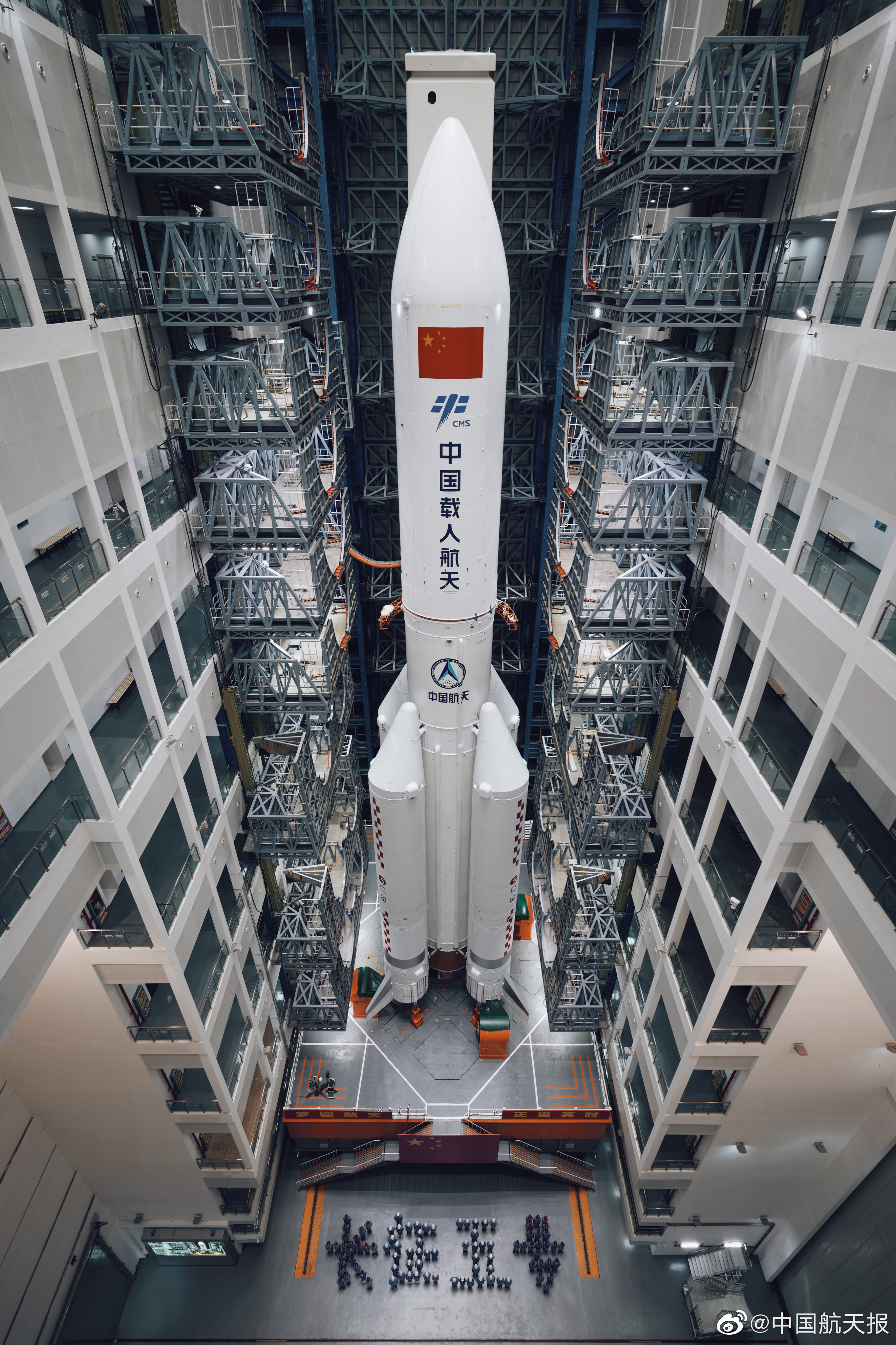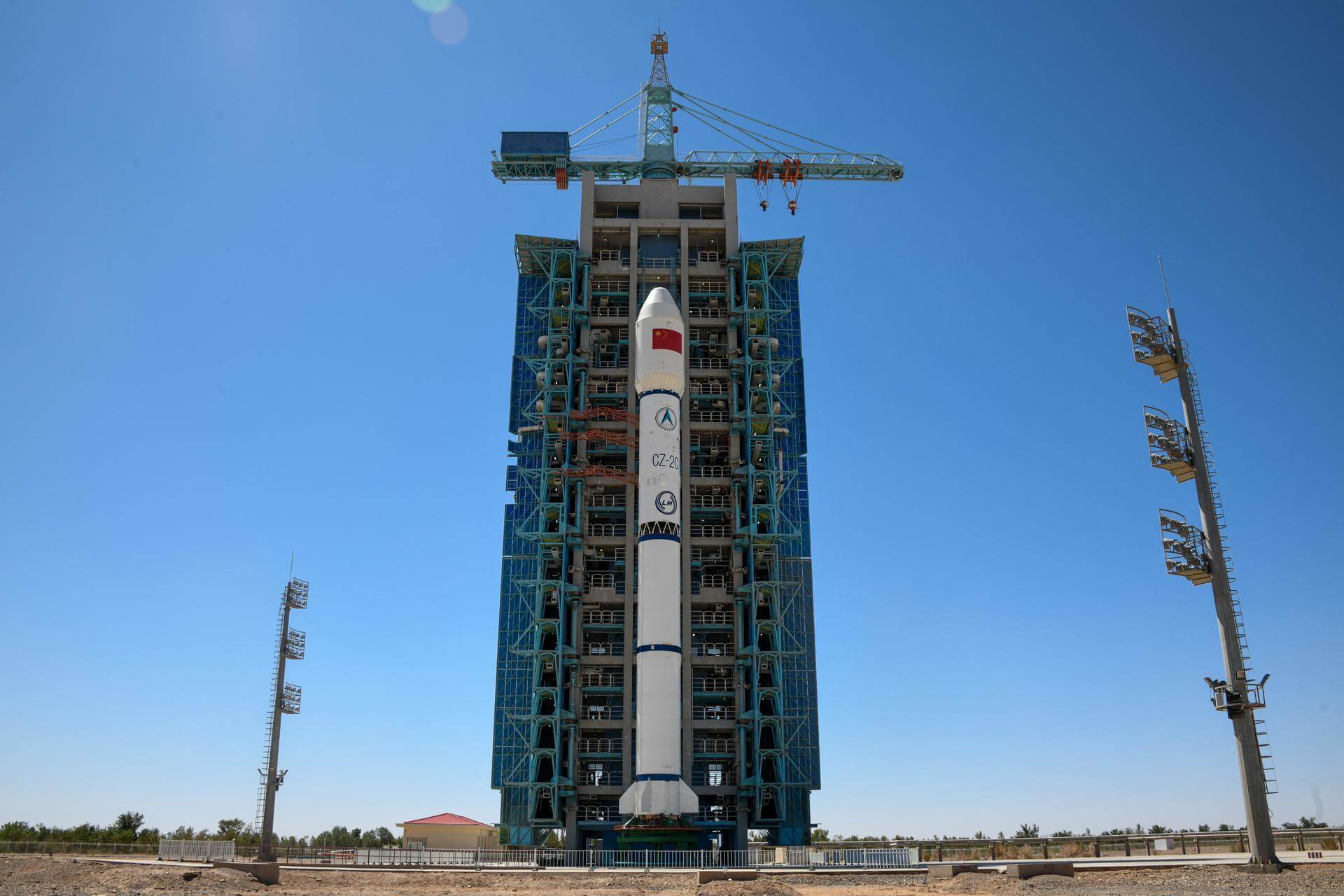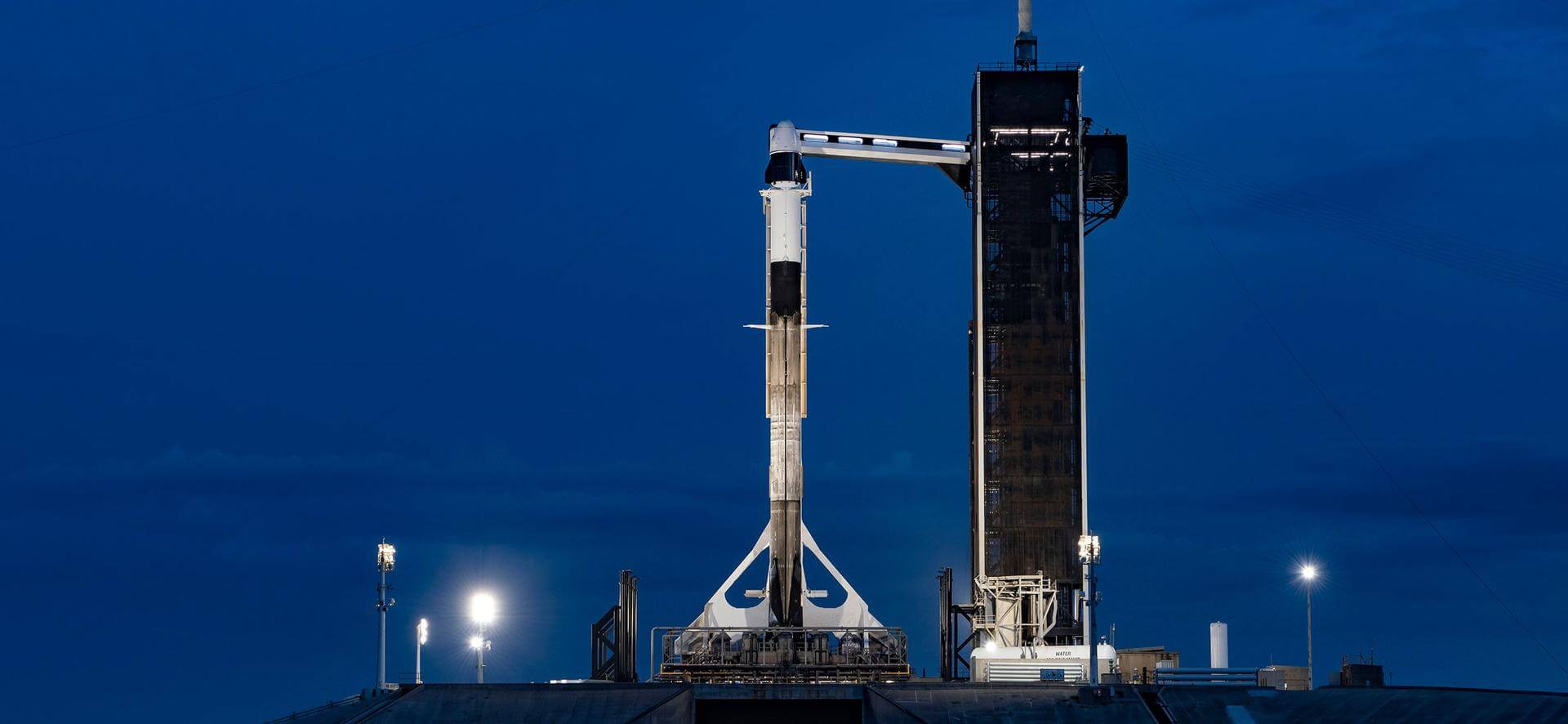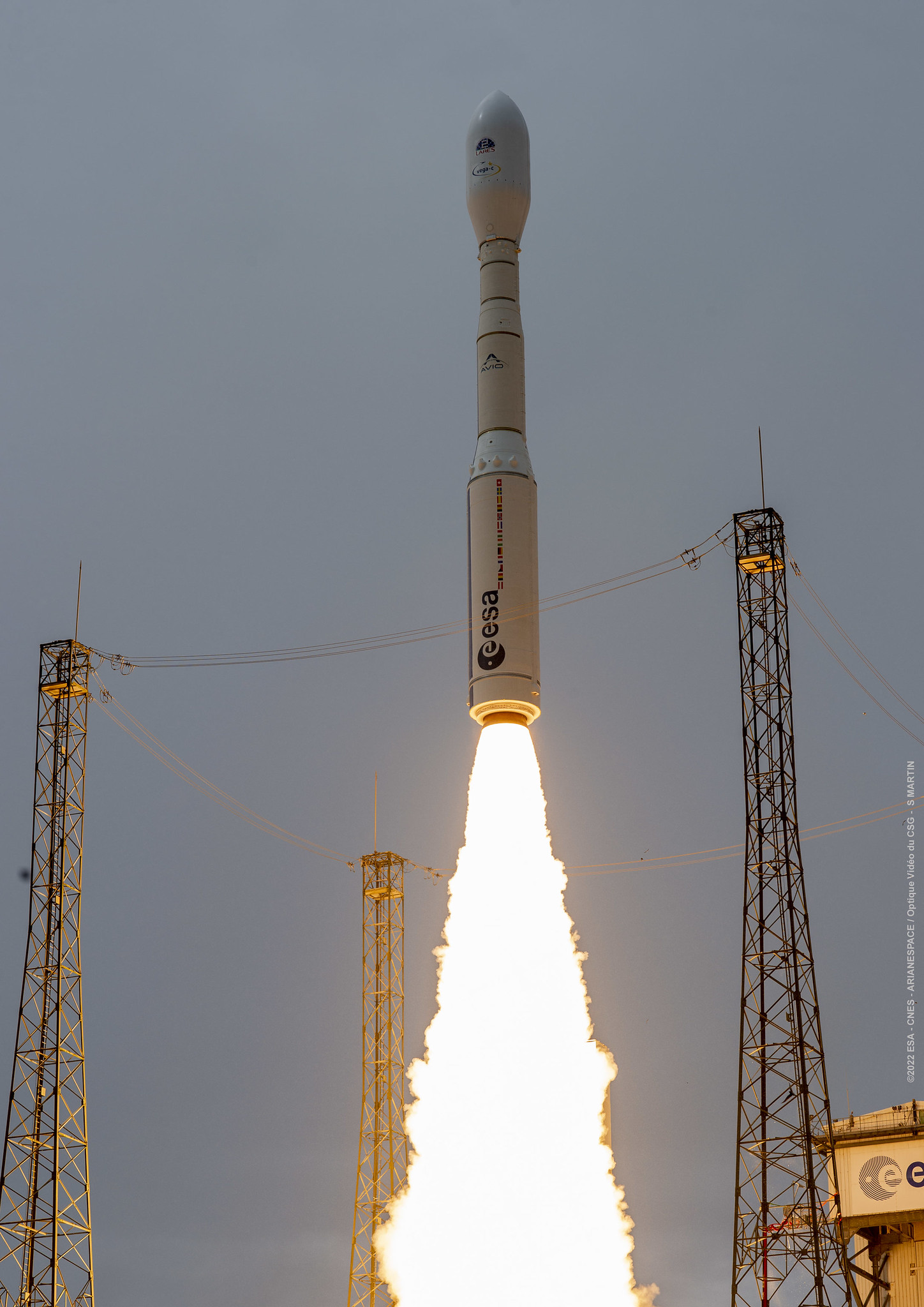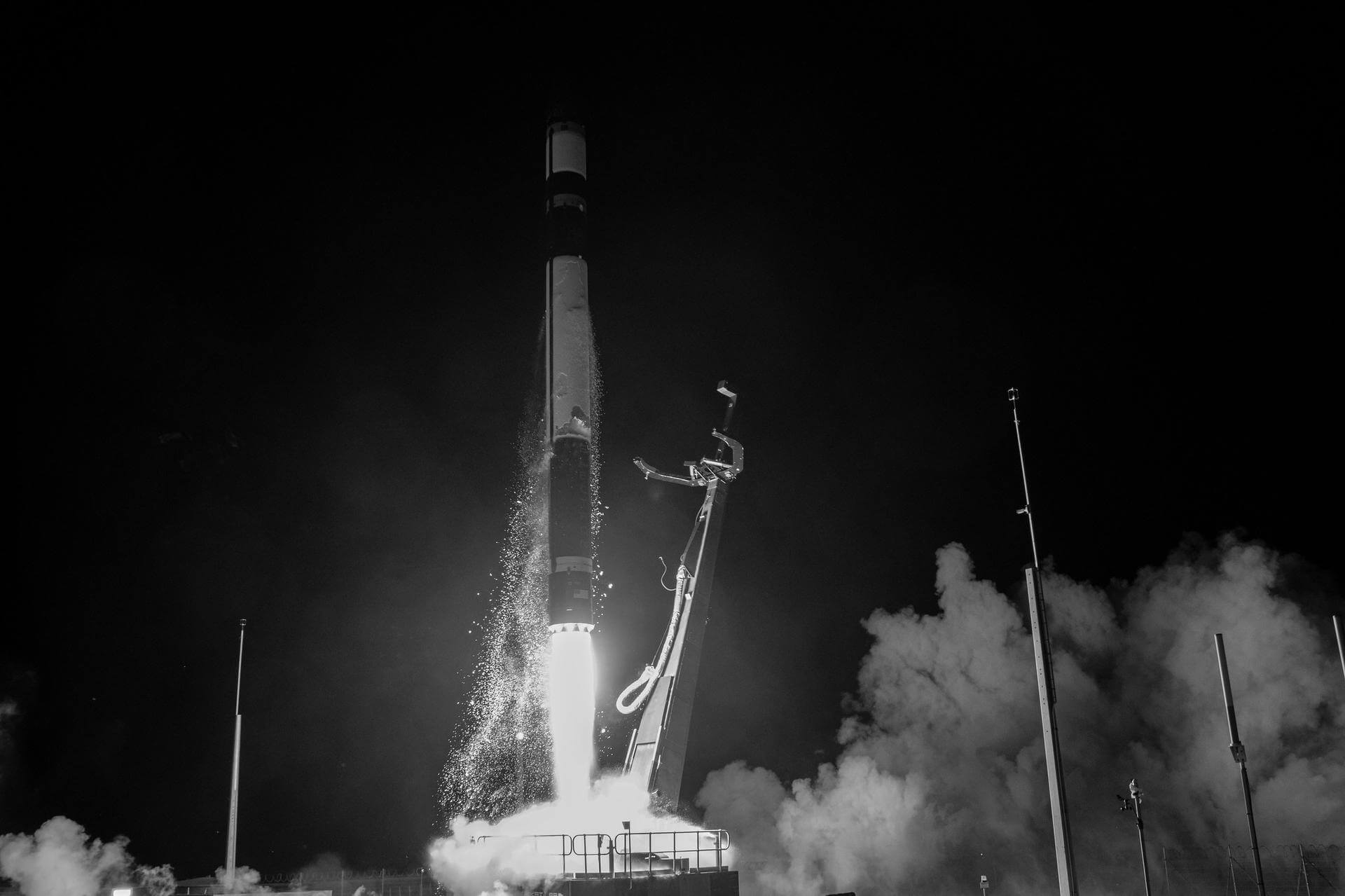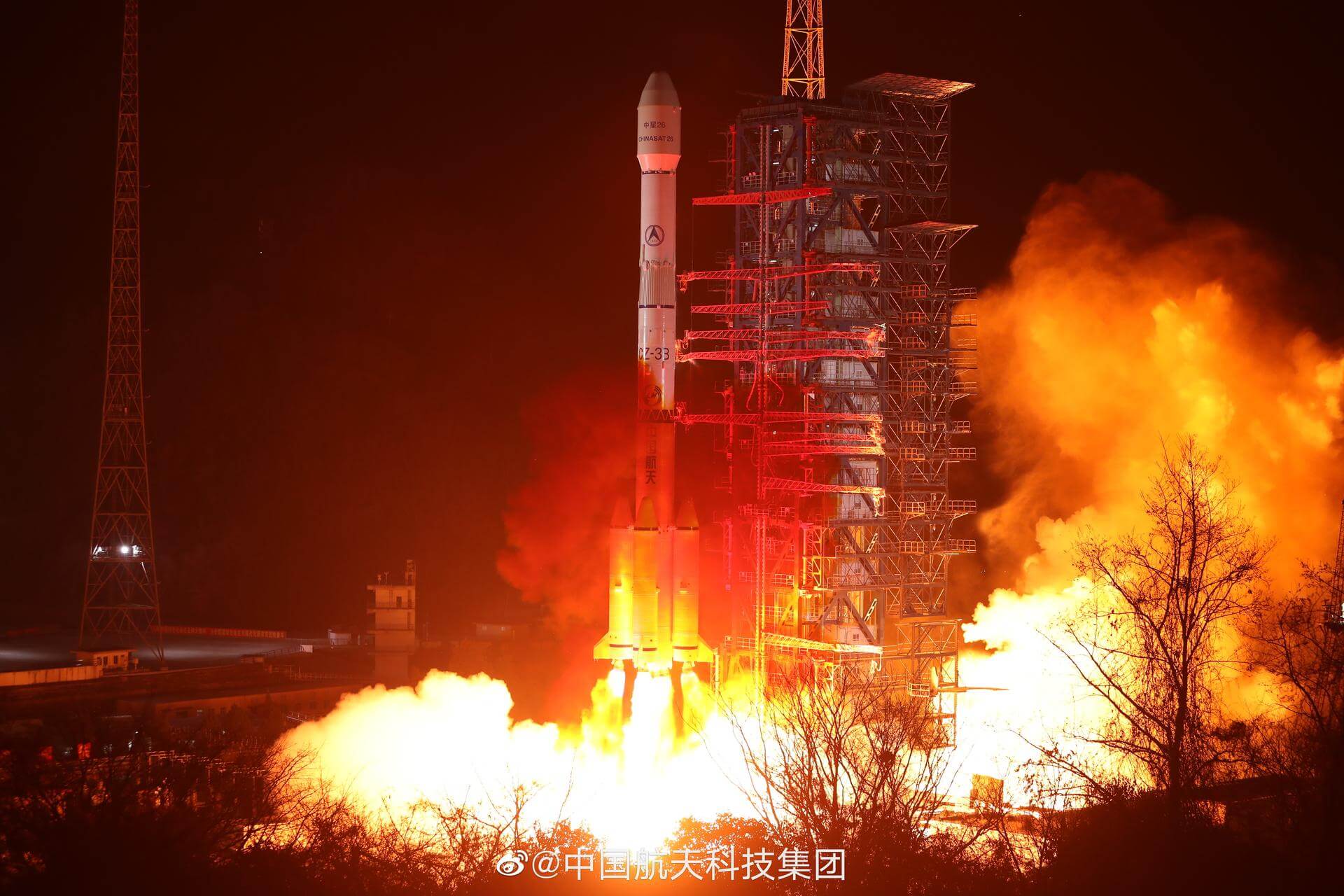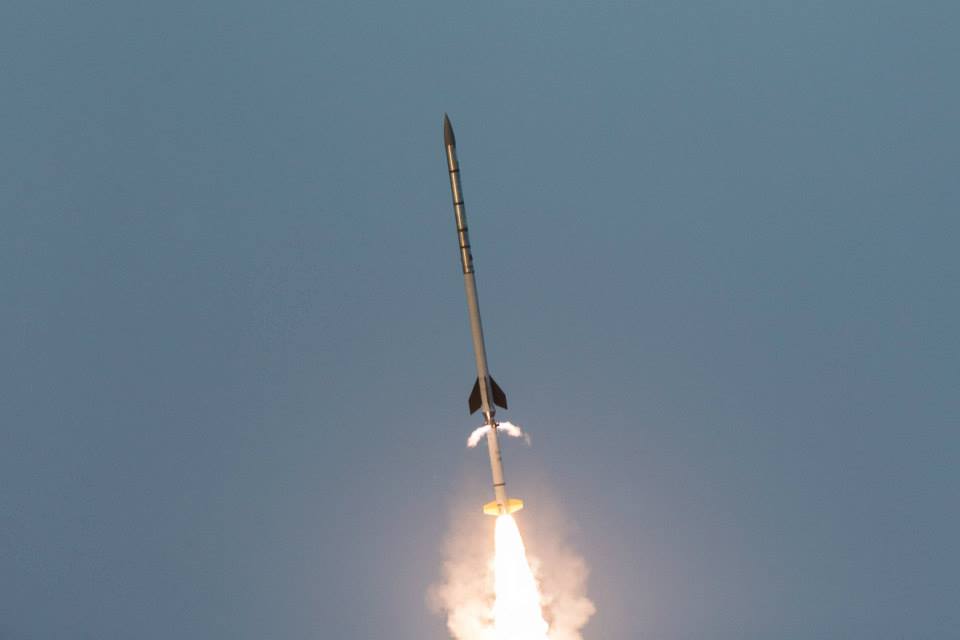Previous Spaceflight Launches
Filter by Agency, Locations or Vehicles
Show All LaunchesLong March 5B | Wentian
China Aerospace Science and Technology Corporation | ChinaWenchang Space Launch Site, People's Republic of China
July 24, 2022, 6:22 a.m.
Status: Launch Successful
Mission:
Wentian is the first Laboratory Cabin Module (LCM) and second major component of the Chinese spacestation. It will provide additional navigation avionics, propulsion and orientation control as backup functions for the Core Cabin Module (CCM) as well as a pressurized environment for researchers to conduct science experiments in zero gravity.
Low Earth OrbitFalcon 9 Block 5 | Starlink Group 3-2
SpaceX | United States of AmericaVandenberg SFB, CA, USA
July 22, 2022, 5:39 p.m.
Falcon 9 Block 5 | Starlink Group 4-22
SpaceX | United States of AmericaCape Canaveral SFS, FL, USA
July 17, 2022, 2:20 p.m.
Long March 2C | SuperView Neo 2-01 & 02
China Aerospace Science and Technology Corporation | ChinaTaiyuan Satellite Launch Center, People's Republic of China
July 15, 2022, 10:57 p.m.
Falcon 9 Block 5 | Dragon CRS-2 SpX-25
SpaceX | United States of AmericaKennedy Space Center, FL, USA
July 15, 2022, 12:44 a.m.
Status: Launch Successful
Mission:
25th commercial resupply services mission to the International Space Station operated by SpaceX. The flight will be conducted under the second Commercial Resupply Services contract with NASA. Cargo Dragon 2 brings supplies and payloads, including critical materials to directly support science and research investigations that occur onboard the orbiting laboratory.
Low Earth Orbit B1067 - Flight Proven ( ) A Shortfall of GravitasVega-C | LARES-2 (Maiden flight)
Avio S.p.A | ItalyGuiana Space Centre, French Guiana
July 13, 2022, 1:13 p.m.
Status: Launch Successful
Mission:
Maiden flight of the Vega-C launch vehicle, carrying the LARES-2 passive satellite. It is a 40 cm diameter sphere with laser mirrors to study the Earth gravitational field and relativistic effects. Also onboard are six European research cubesats.
Medium Earth OrbitElectron | Wise One Looks Ahead (NROL-162)
Rocket Lab | United States of AmericaRocket Lab Launch Complex 1, Mahia Peninsula, New Zealand
July 13, 2022, 6:30 a.m.
Long March 3B/E | Tianlian 2-03
China Aerospace Science and Technology Corporation | ChinaXichang Satellite Launch Center, People's Republic of China
July 12, 2022, 4:30 p.m.
Black Brant IX | DEUCE
Magellan Aerospace Corporation | CanadaArnhem Space Centre
July 11, 2022, 11:01 a.m.
Status: Launch Successful
Mission:
The Dual-channel Extreme Ultraviolet Continuum Experiment (DEUCE) is a payload from the University of Colorado. its objective is to observe α Centauri A & B and measure a so-far unstudied part of their extreme ultraviolet light spectrum. These measurements are needed to model stars similar to and smaller than our Sun, as well as understand their effects on planetary atmospheres.
SuborbitalFalcon 9 Block 5 | Starlink Group 3-1
SpaceX | United States of AmericaVandenberg SFB, CA, USA
July 11, 2022, 1:39 a.m.
